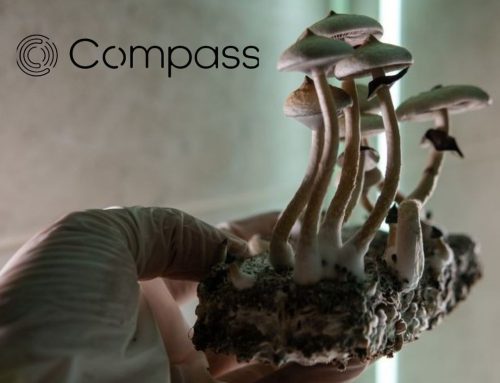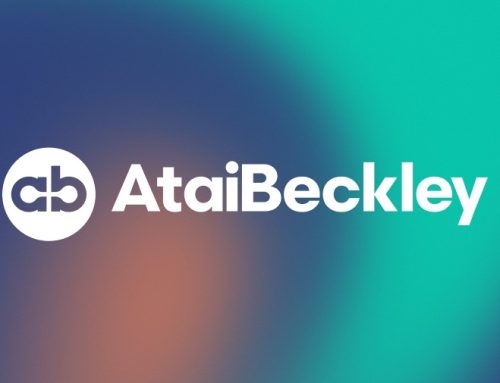New Jersey Assembly Panel Clears Path for Psilocybin Therapy Program
TRENTON – New Jersey lawmakers advanced a bill that would allow supervised access to psilocybin for adults facing certain health challenges, establishing a regulated psilocybin therapy framework approved by the Assembly Health Committee.
Assemblymember Anthony Verrelli, a Democrat and co-sponsor of the measure, framed the legislation during testimony as a targeted response to unmet mental health needs. “This bill gives another option for people to heal and get better,” Verrelli said. “And by getting them better, it gives them the opportunity to make their communities, their families, and life in general better to break that cycle of trauma, however it looks.”
The bill, designated A3852 in the Assembly and S2283 in the Senate, carries the formal title “Psilocybin Behavioral Health Access and Services Act.” It directs the state Department of Health to oversee licensing for psilocybin production, testing, distribution, and administration, creating five distinct categories: manufacturers, service center operators, testing labs, facilitators and workers.
Access would require a referral from a licensed health care provider, with mandatory preparation and integration sessions to guide patients through the process. An advisory board, appointed by the health commissioner, would define qualifying conditions [drawing from emerging research on psilocybin’s role in treating depression, PTSD, and end-of-life anxiety] and set dosage standards, safety protocols, and training requirements for facilitators.
Co-sponsored by Assemblymembers Herb Conaway and Clinton Calabrese, both Democrats, the proposal builds on a 2021 state law that downgraded penalties for possessing up to one ounce of psilocybin from a crime to a disorderly person’s offense. That earlier reform, signed by Gov. Phil Murphy, stopped short of full decriminalization but signaled openness to reevaluating the Schedule I substance’s place in public health. The current bill goes further by authorizing a structured program, complete with social equity measures: reduced fees and financial aid for low-income participants, alongside technical support for minority-owned operations in the nascent industry.
From a business perspective, the development invites measured scrutiny. The therapeutic promise of psilocybin rests on clinical trials showing remission rates for treatment-resistant depression exceeding 70%. However, scaling its delivery faces challenges similar to those in New Jersey’s maturing Cannabis market, including supply chain logistics, workforce certification, and insurance reimbursement.
A 2024 Stockton University poll found 55% of state residents back medical psilocybin under supervision, mirroring Cannabis acceptance levels a decade ago and suggesting viable consumer demand. While economic projections for the U.S. psychedelics sector are optimistic, projected to reach $3.6 billion by 2032, profitability still relies on cost controls and evidence-building to influence federal rescheduling efforts.
Meanwhile, critics, including some public health experts, question the pace of adoption without more longitudinal data, pointing to variability in patient responses and the need for robust oversight to prevent misuse. Proponents counter that delaying access prolongs suffering for conditions where conventional treatments fall short, a tension that has defined drug policy debates from opioids to Cannabis.
Here at Highly Capitalized Network-HCN, where we track the intersection of psychedelics and capital markets, this measured advance underscores a pattern. States like New Jersey are opting for precision over breadth, fostering controlled growth that could stabilize investor confidence while testing the viability of therapy as a reimbursable service. Full enactment remains a procedural matter, but the momentum points to New Jersey carving a deliberate niche in an industry reshaping behavioral health.



































